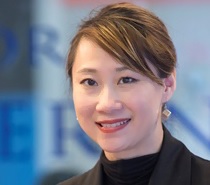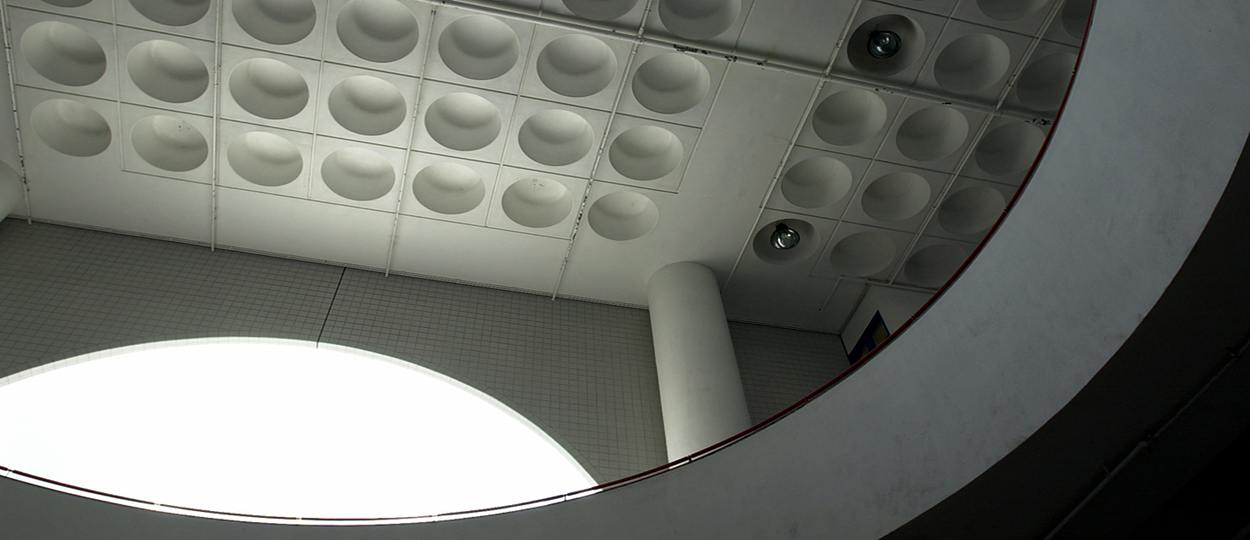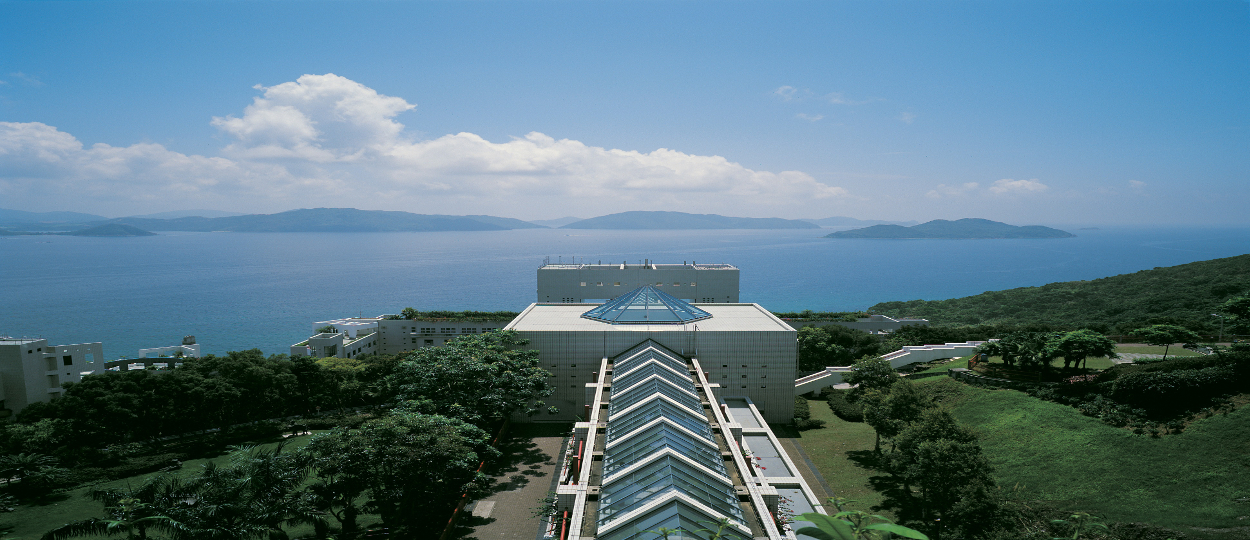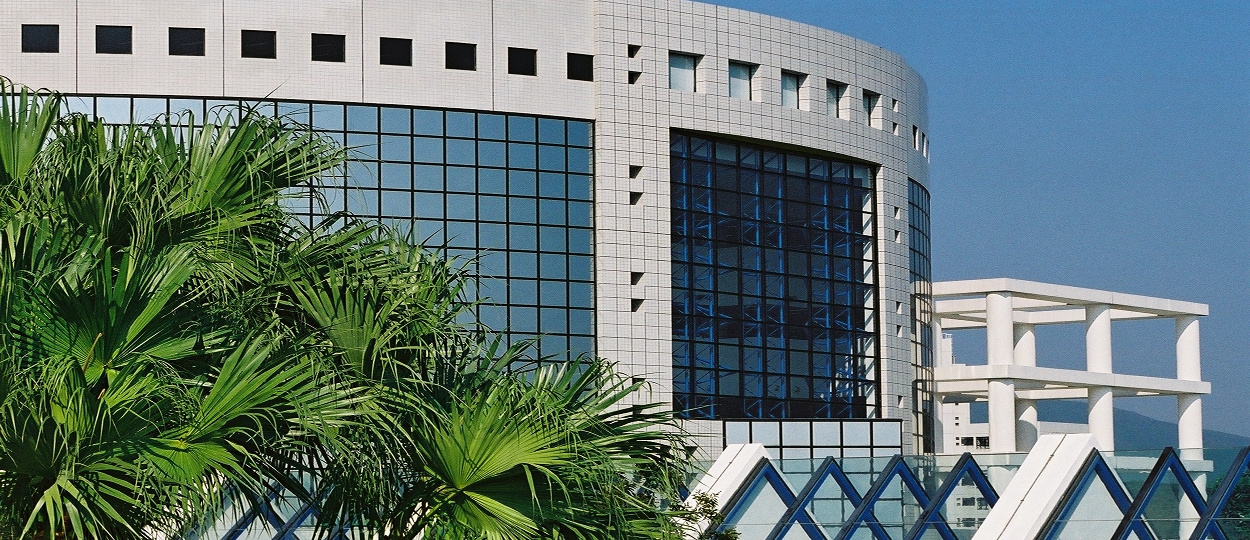
Professor of Electronic and Computer Engineering
“My overall goals are to improve people’s lives with our technology. To make such an impact, research is not enough. It is also necessary to develop products and market them.”
I was born in Shanghai to professional artist parents. They expected me to follow in their footsteps. However, I was also curious in many other subjects. When I was seven, I read a science fiction book that described a future world, where robots talk to you and you could shop at home via computers. I was fascinated and wanted to see such a world develop as quickly as possible.
After we moved to Hong Kong, I watched sci-fi movies on television and was captivated by the universal translator in Star Trek, where anyone can speak any language into it and it will be translated into any other language. I also read in Ming Pao newspaper about Bell Labs in the US, where scientists had invented cool technologies such as the transistor and the Unix operating
system. I thought I would like to go there.
So I went to university in the US and chose to major in electrical engineering. In college I realized that I preferred software to hardware. For my final year project, I worked on computer vision, an area in artificial intelligence. I also finished an undergraduate humanities thesis on French movies. All of which led me to study in an engineering school in Paris later on. There I had my first encounter with speech recognition in a lab.
I worked on speech recognition systems for the French language, and on Japanese when I lived in Japan. I learned to speak French, Japanese and also taught machines to recognize these languages. Afterward, I moved back to the US and worked for a US-DARPA contractor company (the same company that built the first part of ARPANET, the beginning of our Internet today). We built the world’s first real-time continuous English speech recognition system.
When I was doing my PhD, my thesis advisor told me about machine translation. There was a group at Bell Labs and a group at IBM research labs pioneering a way to build machine translation by enabling the system to learn from a huge amount of human translation samples. I did part of my thesis work at Bell Labs. So, yes, I finally got to build the gadget I saw in Star Trek when I was little.
Computers that can talk to you and allow you to shop from home are part of real life now. However, we still have a long way to go before we have machines that can understand your intent, your emotion and the context perfectly. Every year we make progress in research and bring the future a little closer.
When I went to the US to study my ambition was to work at Bell Labs. However, in 1994, I visited HKUST and was fascinated by the vision of a “startup” university that was going to break the mold. So, when I got my PhD, I decided that it would be more fun to join HKUST than stay at Bell Labs. At HKUST in 1998, we built the world’s first multilingual voice browser in eight languages.
I also had the opportunity to start the Human Language Technology Center with other faculty members. Our center was the first in Greater China to research speech recognition, machine translation and information retrieval. In addition, the center founded a number of startup companies that launched the world’s first Chinese natural language search engine, and the world’s first online translation engine, among others.
I love my job and feel very lucky that I am being paid to realize my childhood dreams. Only engineers can get so many resources to build “toys” on a big scale. My overall goals are to improve people’s lives with our technology. To make such an impact, research is not enough. It is also necessary to develop products and market them.
In 2011, I helped to found the Women Faculty Association at HKUST to enhance and improve diversity in terms of gender and cultural backgrounds. Other universities in Hong Kong are beginning to do the same this year. There are plenty of women who, given the opportunity, would be interested in engineering. Engineering is a good career for financial independence – a good engineer can always find a job anywhere in the world. Engineering also allows you to innovate, create, and make a direct positive impact on the societies of today and tomorrow.
Source: SENG Infocus










